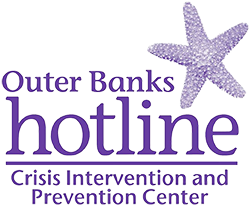Is it possible to spot an abuser before you get involved?
Sometimes the hardest part about getting help when you are with an abuser is recognizing that you are with one to begin with. Domestic violence is not just physical or sexual abuse – it is any form of power and control.
Most abusers are very clever, smart and extremely charming. Most have a personality that draws people in because of their level of charm. This is part of their art to deceive and manipulate.
Predictive indicators of abuse
- A history of abuse in one’s family or past
- Being physically or sexually abused as a child
- A lack of appropriate coping skills
- Low self-esteem
- Co-dependent behavior
- Untreated mental Illness
- Drug or alcohol abuse
- Socioeconomic pressures (studies show a higher incidence of abuse in lower income families)
- A prior criminal arrest history
Things than make you go Hummmmmm…..
- Self-righteous instead of humble
- Quick to blame others instead of taking responsibilities for their actions
- Apologetic without changing harmful behaviors
- Lies
- Pressures you to move fast in a relationship or pushes for immediate commitment
- Been abusive in previous relationships
- Is continuously jealous and possessive, may isolate you from your family and friends and push you to quit your job
- Has a violent temper or quick mood swings
- Is cruel or abusive to animals or children or insensitive to their suffering
- Does not listen when you try and say “no” or assert your boundaries
It should be reinforced that just because someone has endured one or more of those factors, it does not guarantee they will become an abuser. However, abusers may try and use one or more of the above as excuses for their behavior.
If you find yourself with an abusive partner, it is not uncommon to wonder: Why are they choosing to behave and act as they do?
There is no excuse for domestic violence or abuse. Abuse is one partner exerting control and power over the other. But how can someone who says they love you abuse you? What are some of the different control tactics? Should you hold out any hope that an abuser can change?
We have prepared a toolkit to help you understand why perpetrators abuse and the indicators of potential abuse. You can download the toolkit here. Inside you will find helpful articles, checklists, relevant survey results, support communities and how to find help.
